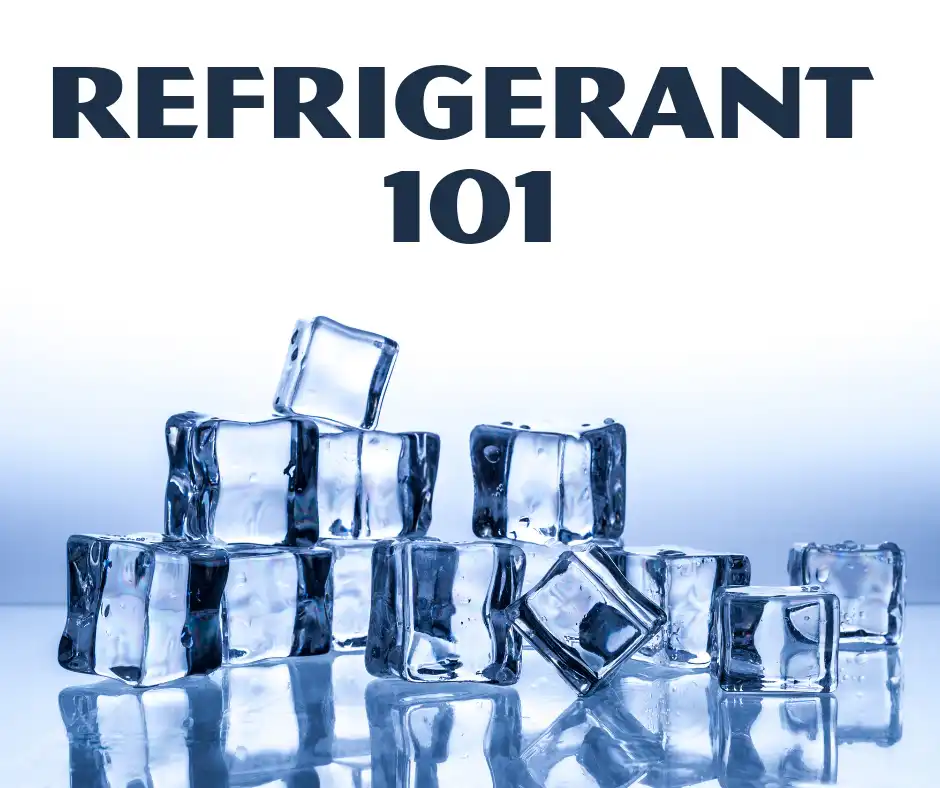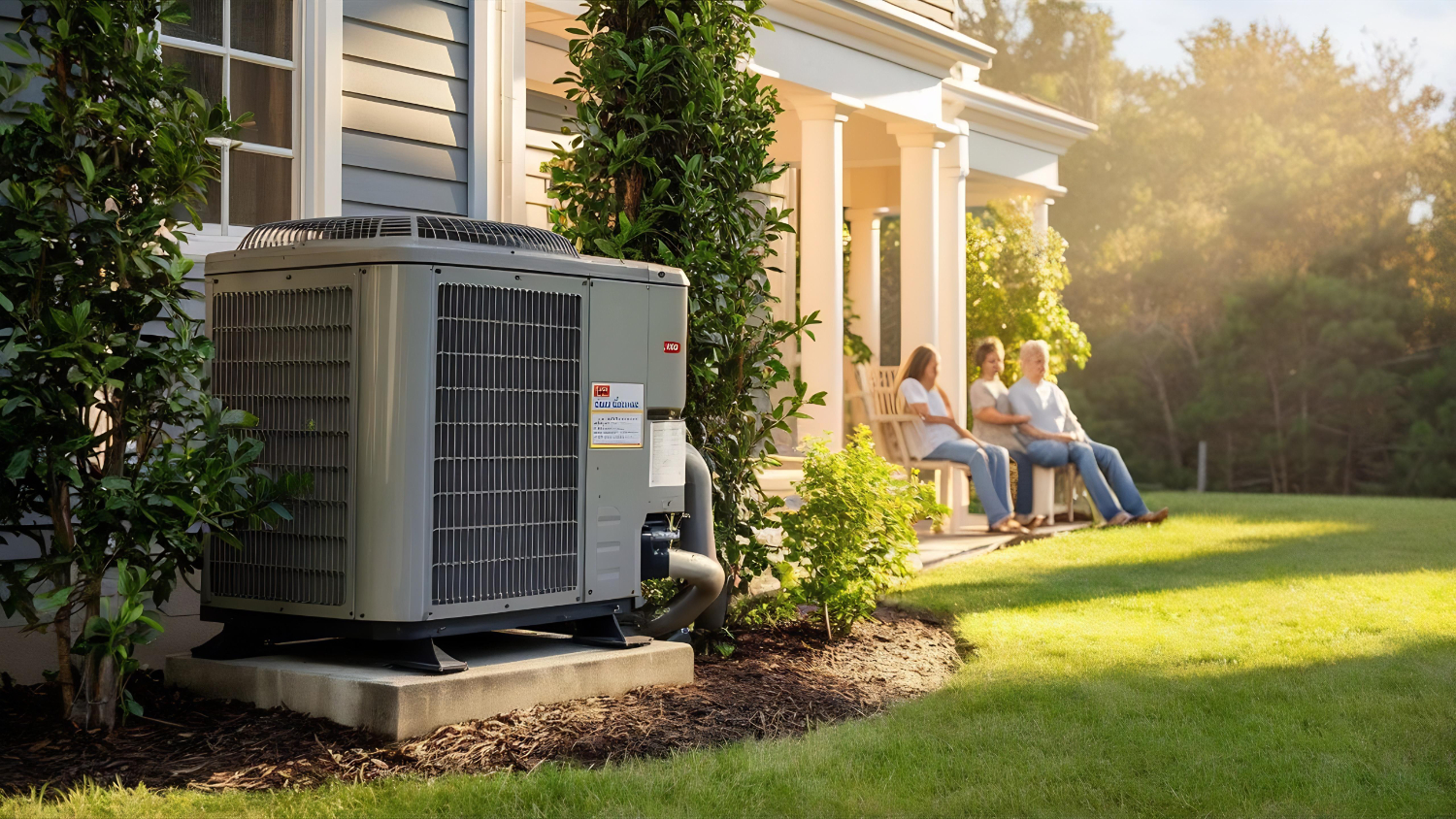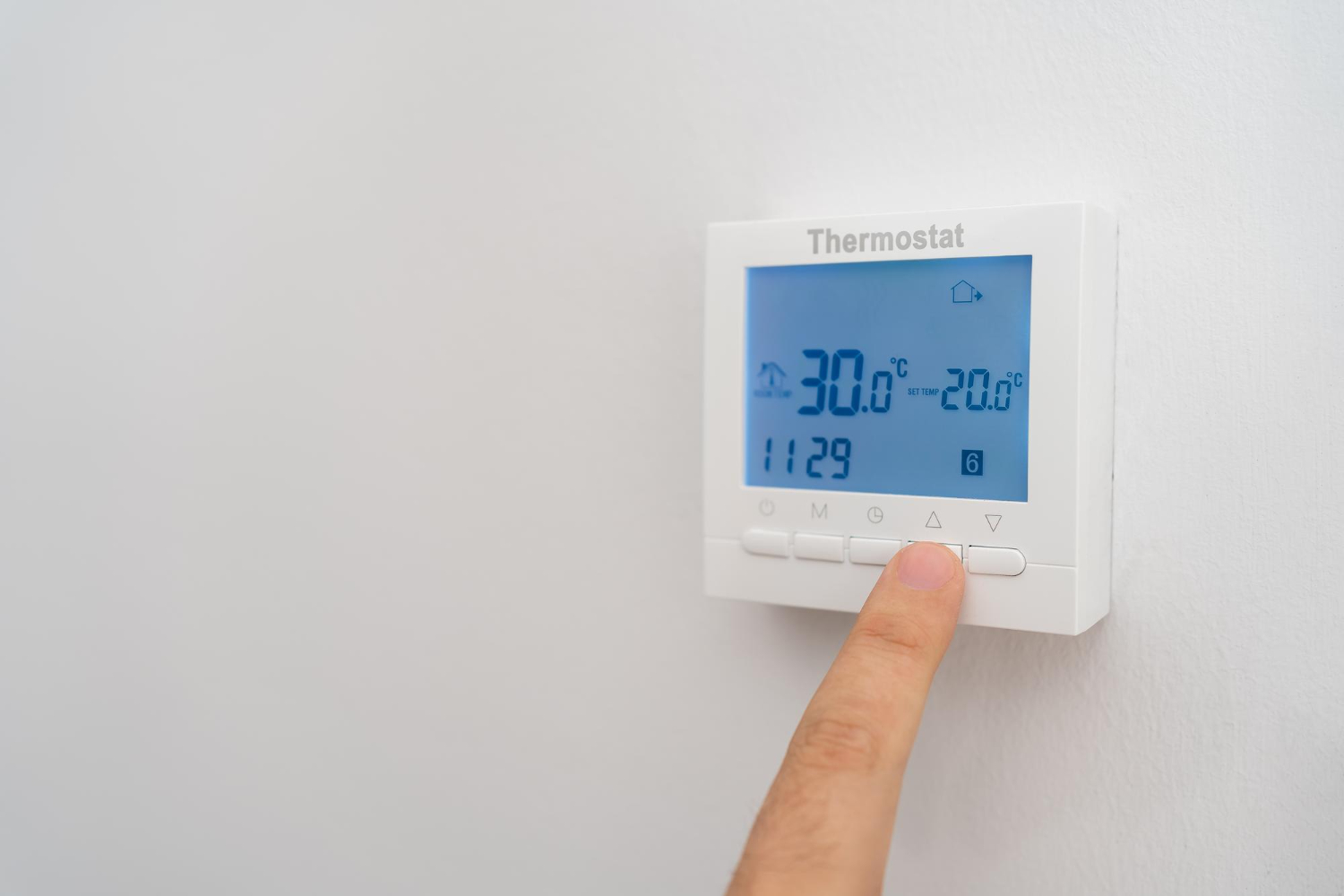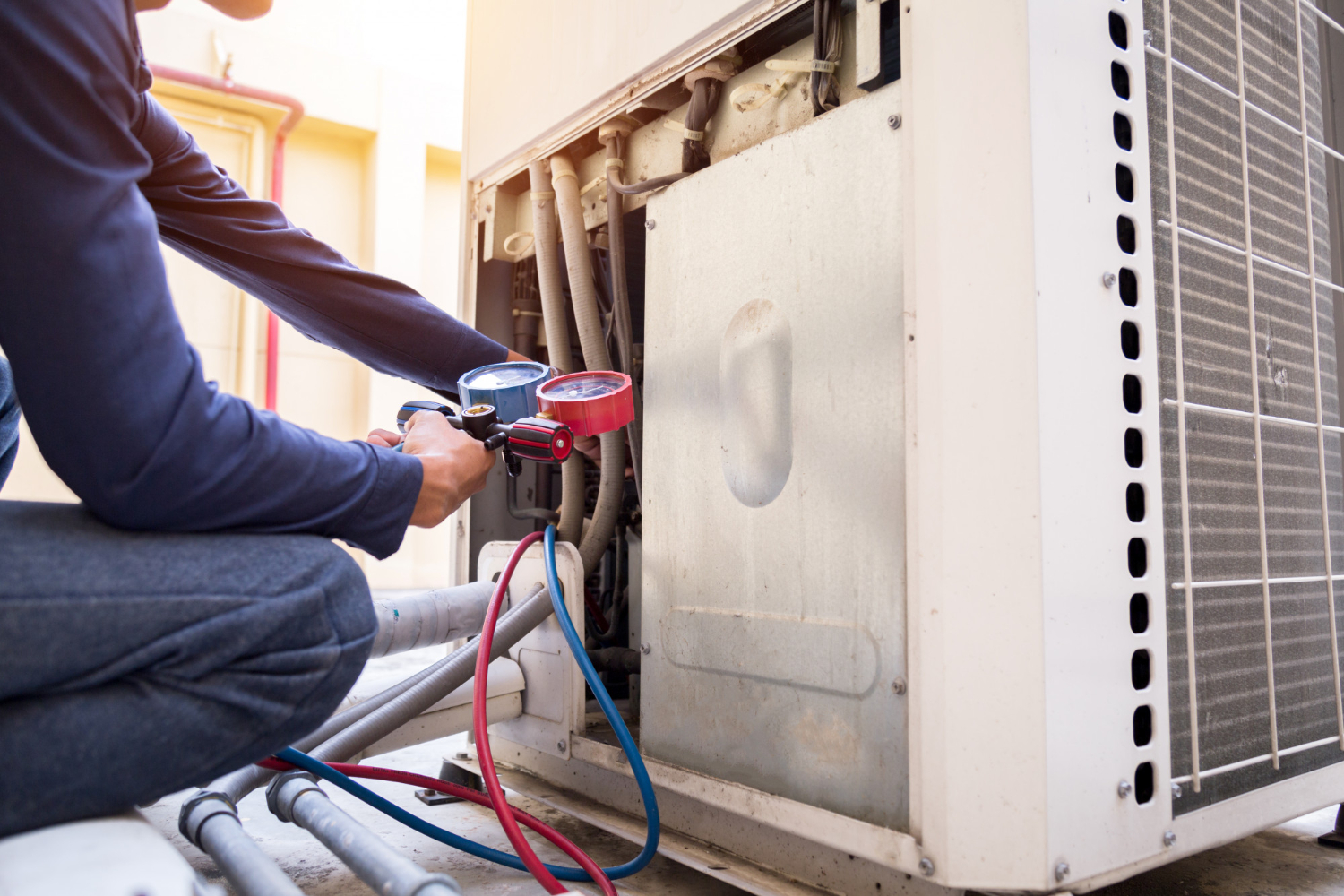Refrigerant 101
Refrigerants are vital for air conditioning and heat pump systems. These fluids act as the transport vehicles for heat from your home to outside in the summer (and vice versa for heat pumps during winter). Over the years, various chemicals have been used to get the right balance of properties for this critical task.
Here are some important facts about refrigerants.
A Brief History
The first practical refrigerator was invented by Australian, James Harrison, who used ether, alcohol, or ammonia as the refrigerant. These early refrigerants proved toxic so in the 1920’s, scientists came up with chlorofluorocarbons (CFCs), which were non-toxic and stable.
Unfortunately, after about five decades of accumulation in the atmosphere, scientists discovered it was destroying the ozone layer. The Montreal Protocol was signed in an effort to reduce the amount of CFCs released into the air. Of course, that meant finding something else to keep everyone cool.
We have since moved to hydrochlorofluorocarbons (HCFCs) and hydrofluorocarbons (HFCs), two chemicals less damaging to the ozone layer. But not even these new refrigerants are perfect because they contain fluorine, which has a high global warming potential (GWP).
Most Commonly Used Refrigerants
Your air conditioning system most likely has one of the two refrigerants most commonly used for residential air conditioners: R22 (a CFC also known as “freon”) and R410A (an HFC free of chlorine).
R22 is still in use in older air conditioners. Because the Montreal Protocol, is being phased out in 2020, the manufacture of new freons will stop.
R410A is now widely available if you had a unit installed within the last 5 years or so. You probably have this type of refrigerant.
Should You ChangeThe Refrigerant Or The Whole System?
Replacing R22 with R410A is not as simple as changing the refrigerant. R410A operates at a higher pressure and uses a synthetic lubricating oil while R22 uses a petroleum-based oil. The compressor, condenser, and evaporator must all be replaced. The refrigerant lines may be reused if able to withstand the higher pressure.
For units near their end of life, it is better to replace them and gain the benefits of higher efficiency with a refrigerant that is better for the environment.
If your heat pump or air conditioning system still uses the old refrigerant and you’d like to upgrade to a safer alternative, or if you want to get the efficiency that comes with a new system, give us a call and we’ll help you get cooling without the environmental issues.











